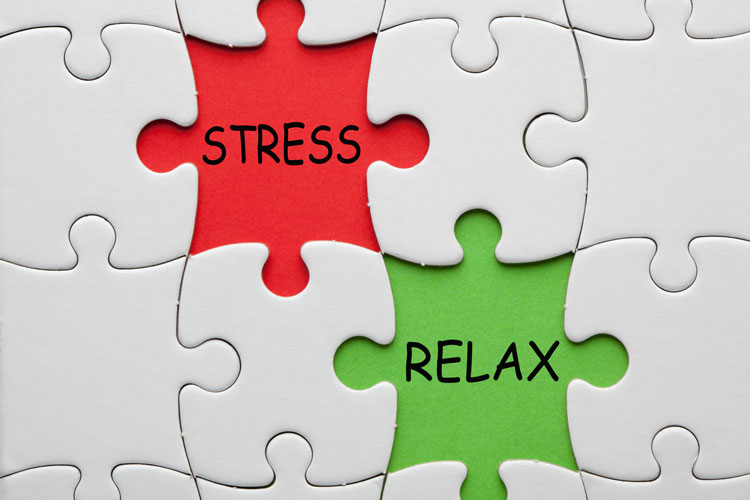
As humans, we all experience stress from time to time. I would bet nearly everyone utters the words, “I am so stressed out” now and then.
Most of us don’t like feeling stressed, but there are times when a little bit of stress is good. It can motivate us, or even energize us. However, too much stress is bad for our mental and physical health.
“Distress is hazardous, unrelenting stress with no relief,” according to Josie Rudolphi from the National Farm Medicine Center. She talked about stress and distress during a presentation at the Professional Dairy Producers of Wisconsin (PDPW) Annual Business Conference.
Rudophi shared signs of distress, which include:
Physical - headaches, stomach problems, chest pain, rapid heartbeat, fatigue, impulsiveness
Emotional - angry blow ups, impatience, difficulty controlling emotions, low self-esteem, loss of interest in things once enjoyed, a short temper
Behavioral - overeating or not eating, increased substance abuse, change in sleeping habits, restlessness, lack of concentration, withdrawn from others, forgetfulness
If you find yourself in a period of high stress, Rudolphi said it helps to shift your mindset. “Just accepting you are going to be in a time of stress is extremely powerful,” she said. “Be in control of the stress.”
If you feel like you are losing control, she encouraged people to ask themselves these questions:
Has this happened before (do I know how to deal with the cause of the stress)?
Are my fears or worries realistic?
What would I tell a friend in this situation?
“Flip the perspective and remind yourself that you are in control,” she said. She also noted that limiting stressors is powerful. This can be done by planning ahead, using time efficiently, limiting commitments, and learning to say no.
To deal with stress, Rudolphi shared the acronym HERD, which was very fitting for the dairy-related crowd in attendance.
H stands for hobbies. Rudolphi shared that engaging in a hobby for two hours each week can improve mental well-being. Hobbies could include gardening, woodworking, hunting, or playing music.
“Hobbies can be creative, physical, or relaxing,” she said. “They don’t have to be expensive.”
E stands for exercise. She said that just 20 minutes of exercise per day can make a difference, and research has shown that exercise can treat mild to moderate depression as effectively as medication can.
Again, Rudolphi explained that exercise doesn’t have to be expensive. She gave low-cost suggestions, including visiting a local school’s track, purchasing equipment at yard sales, or using online workout videos.
R is for relaxation. “Make time to enjoy life and unwind for stress relief and improved mental health,” she said. Ways to relax include meditation, taking a nap, taking a walk, or getting away from the farm for a bit.
Finally, D stands for diversion. “Distraction is an effective technique for changing your mood,” Rudolphi said. Watching a movie or television, surfing the internet, reading, listening to music, or calling a friend are all ways to unplug for a while.
“Start incorporating these four strategies in your life, and encourage friends and family to do it, too,” she said. “Adopting self-care strategies into our daily lives provides huge benefits to our physical and mental health down the road.”

The author is an associate editor and covers animal health, dairy housing and equipment, and nutrient management. She grew up on a dairy farm near Plymouth, Wis., and previously served as a University of Wisconsin agricultural extension agent. She received a master’s degree from North Carolina State University and a bachelor’s from University of Wisconsin-Madison.








